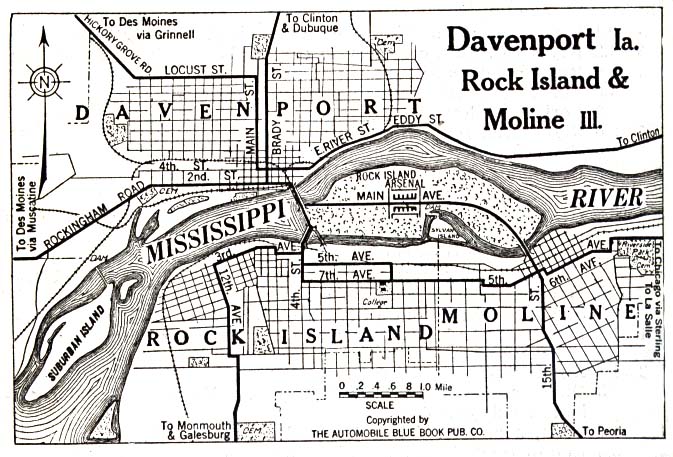On Dec. 14 Exelon announced it had posted 400 new job openings at the Clinton and Quad Cities nuclear stations. Just a week prior, those plants were facing early retirement.

|
| The Quad Cities region will benefit from new hiring at two nuclear plants that had been previously slated for closure.
|
“This is definitely a 180 from where we were,” said Springfield,
Ill., Local 51 Assistant Business Manager John Johnson. Local 51 represents
employees at the Clinton station, where Exelon is currently hiring for 50
bargaining unit positions, a 20 percent increase in membership, Johnson said.
When Illinois Gov. Bruce Rauner signed the Future Energy
Jobs Bill on Dec. 7, nuclear became valued as a clean energy source, akin to
wind and solar, giving it a much-needed boost in the market. Without the bill,
the plants had been unable to compete over the last seven years despite their
high performance.
Downers Grove, Ill., Local 15 represents employees at the
Quad Cities plant. Assistant Business Manager Bill Phillips says he hasn’t
heard yet how many jobs the local will get.
“Without a doubt, they’ll fill a lot of positions,” Phillips
said. “That’s good for the area.”
Exelon plans to fast-track many of its capital projects,
according to a
press
release
. The Quad Cities list includes a new venting system, computer
upgrades, and enhancements to the control room simulator, which is used to
train reactor operators. At Clinton, there will be upgrades to the main
generator, replacement of an auxiliary transformer and upgrades to a pump motor
that controls water flow outside the reactor.
Some of that work will go to utility members at Local 15 and
Local 51, but most will go to the building trades. For the Clinton projects, members
of Decatur, Ill., Local 146 stand to benefit, though Business Manager Josh Sapp says it’s too soon to say how much.
“We should know more in the new year, but it’ll be good for
us in any case,” Sapp said. “Those jobs are really important, especially when
the local is having a bad year.”
In addition to the 400 jobs, which Exelon says will be
permanent, there are also the 3,000-plus jobs that come up each year for
refueling. Sapp says Local 146 usually sends about 100-200 people to Clinton
for those outages. The next one is scheduled for 2017.
The jobs bill includes an education component, allotting $1
million a year for nine years for job training. Some of that will go to
apprenticeships and some to solar-related training, said Chicago Local 134
Business Manager Don Finn, who lobbied for inclusion of the education funding
in the bill.
Local 134’s training
facility
includes instruction on multiple types of green energy work, and
will likely train a lot of the men and women who will build Illinois’ wind
farms and solar arrays, Finn said. The bill also provides funding for renewable
projects.
Illinois gets almost half of its energy – and about 90
percent of its clean energy – from nuclear. It’s also an incredibly efficient
and reliable baseload energy source. Even during the most extreme weather
conditions, nuclear routinely operates above 90 percent capacity, according to
Nuclear Matters.
“In terms of grid stability and clean energy benefits,
nuclear is unmatched,” said International President Lonnie R. Stephenson. “We
can’t move forward with our clean energy goals, and keep the lights on, without
it.”
Home page Photo credit: Flickr user Nathan Stephens